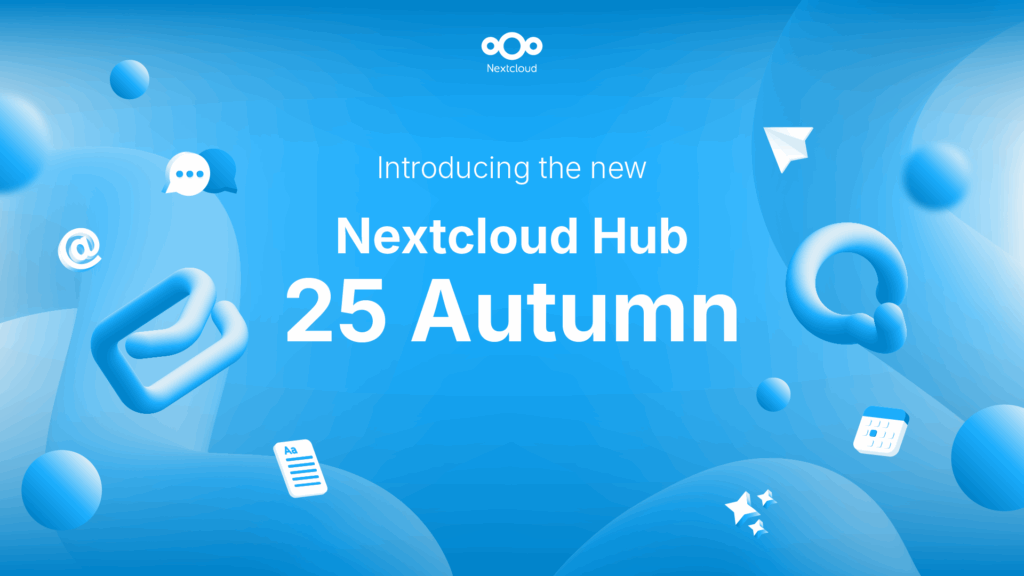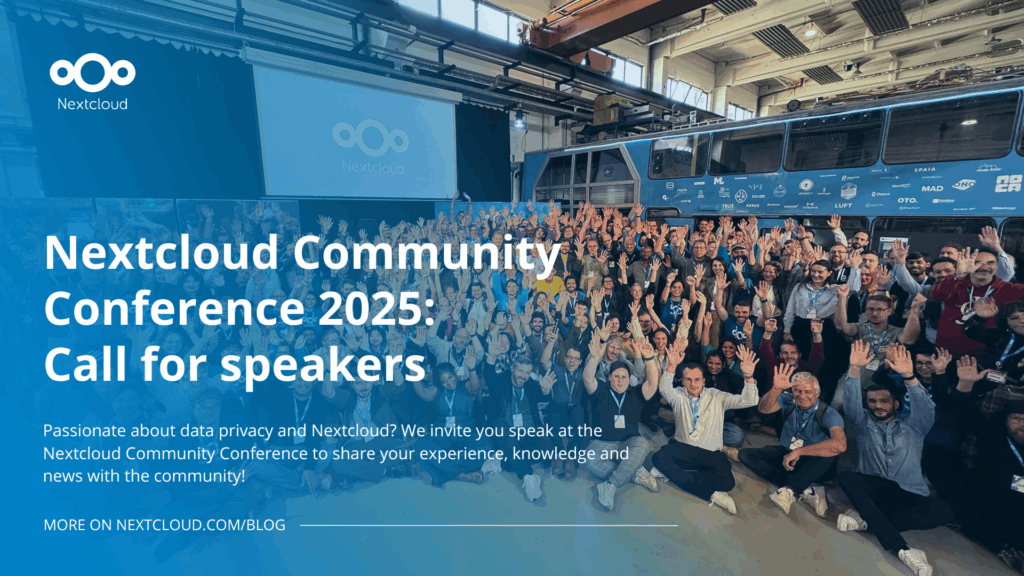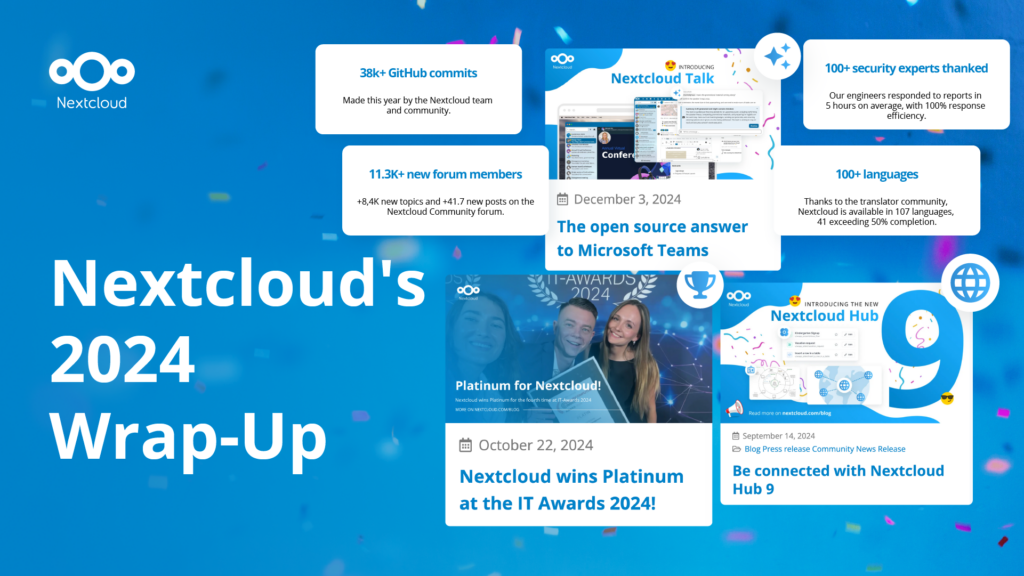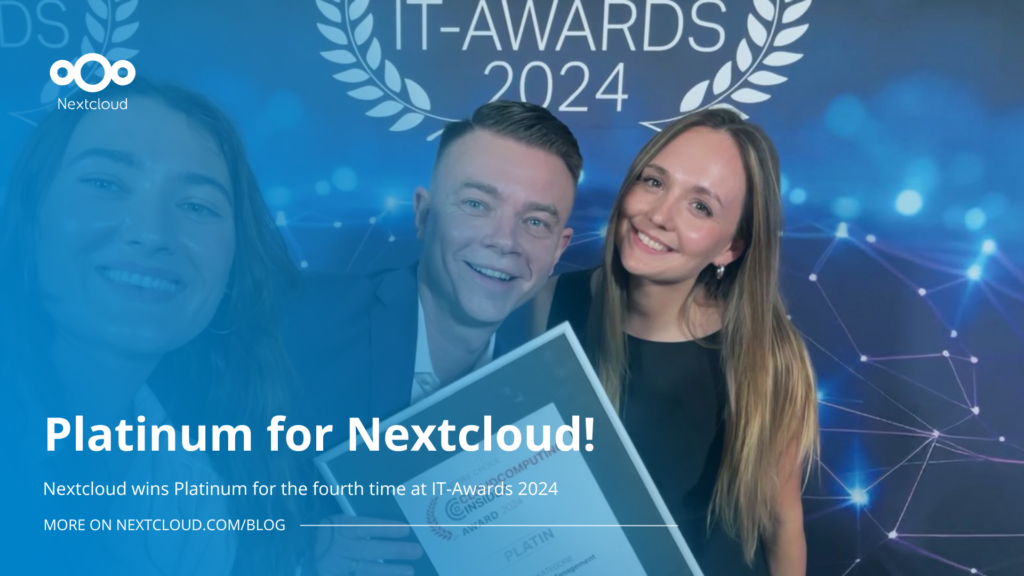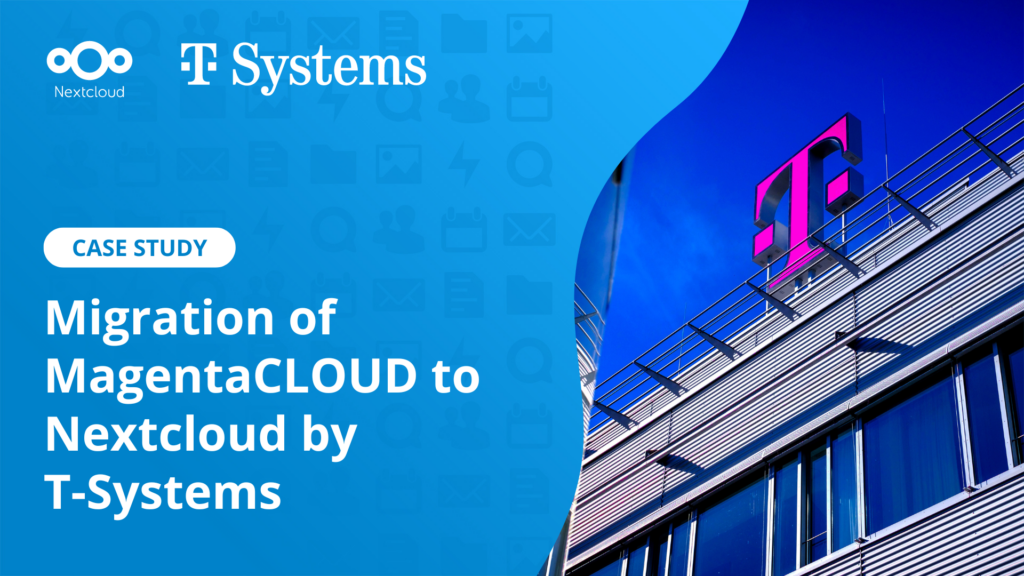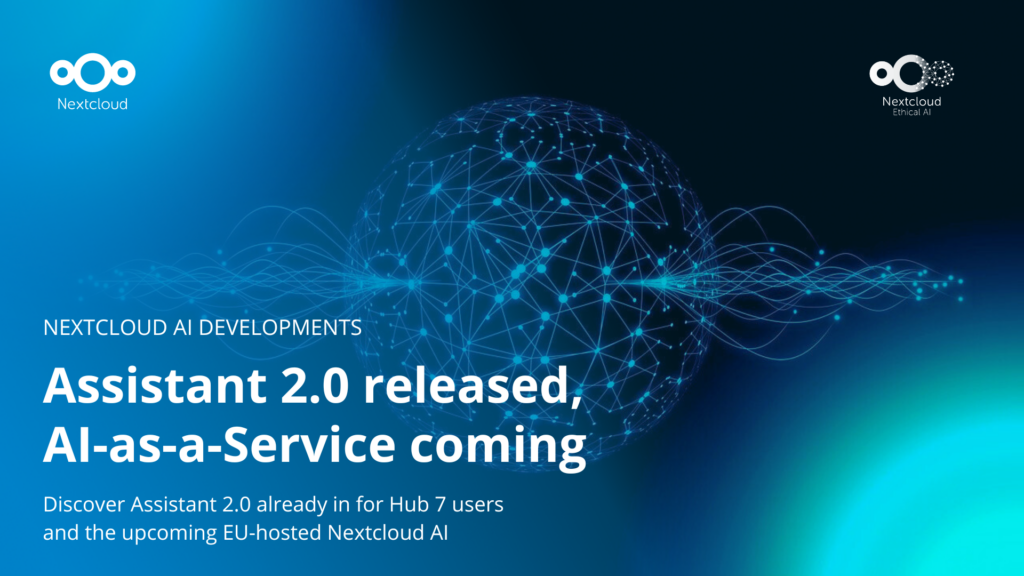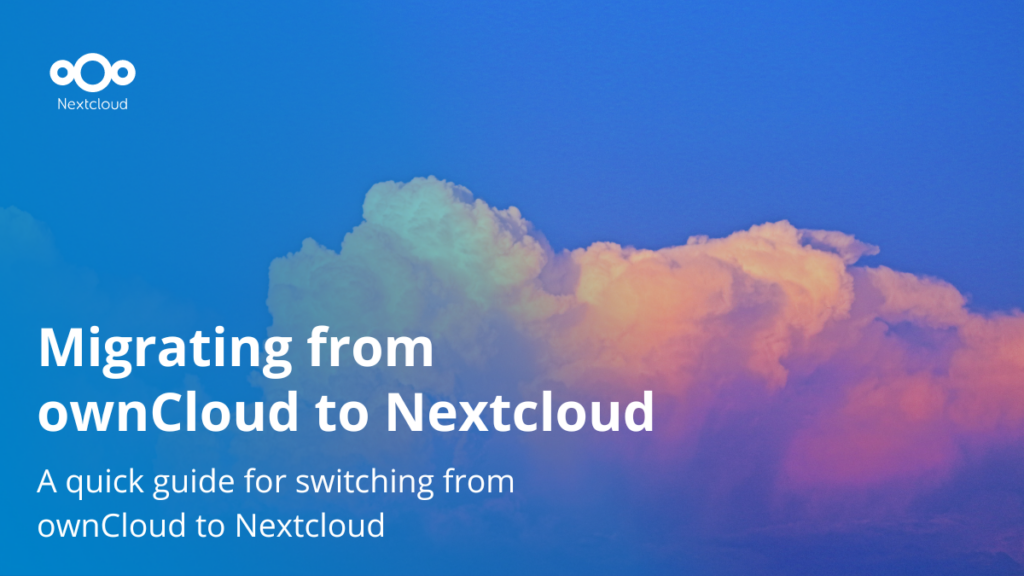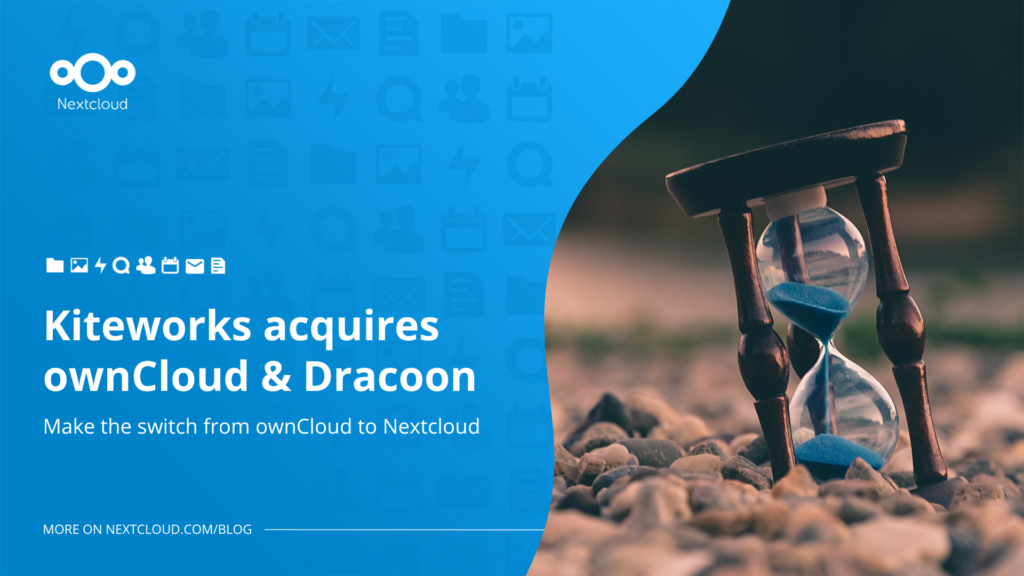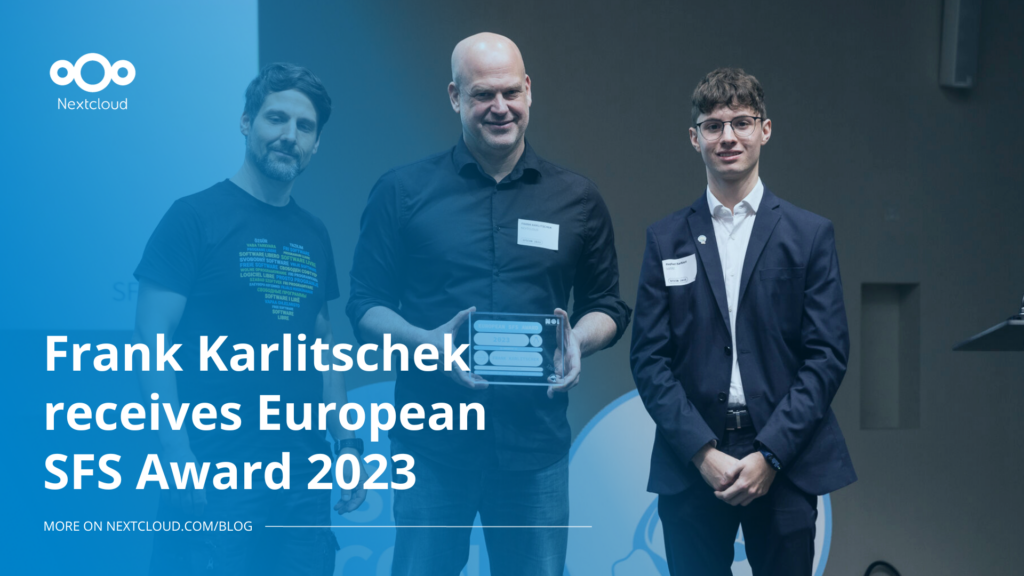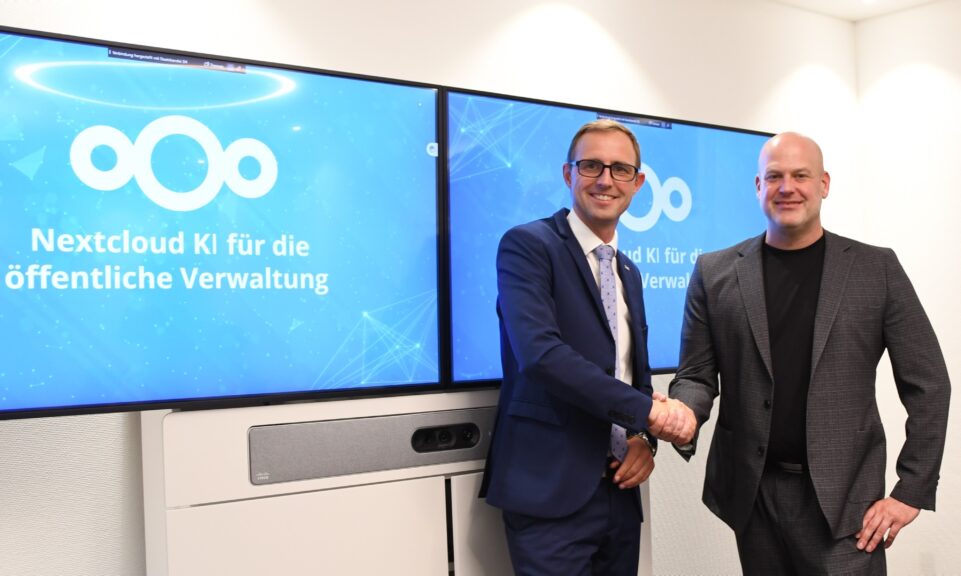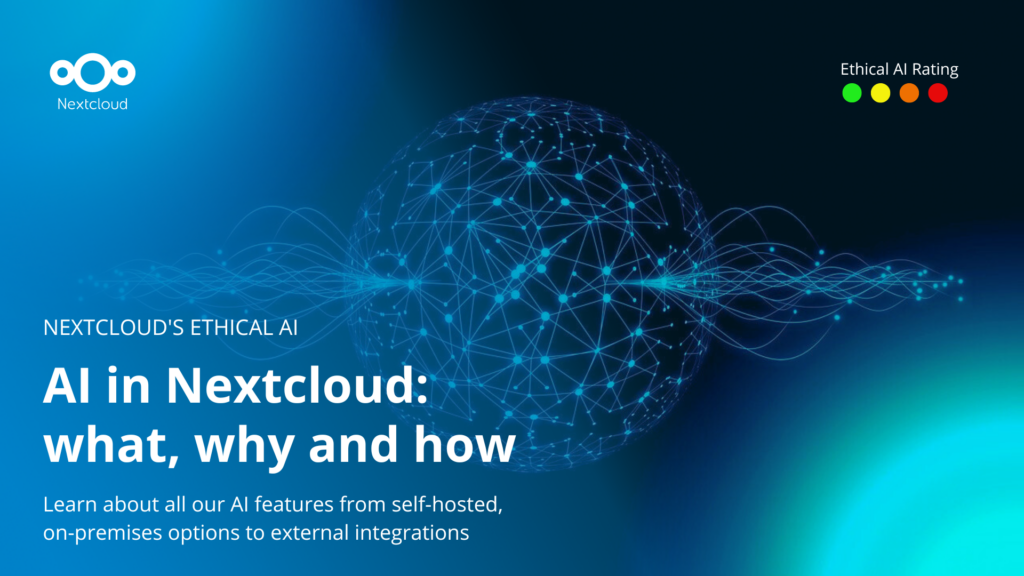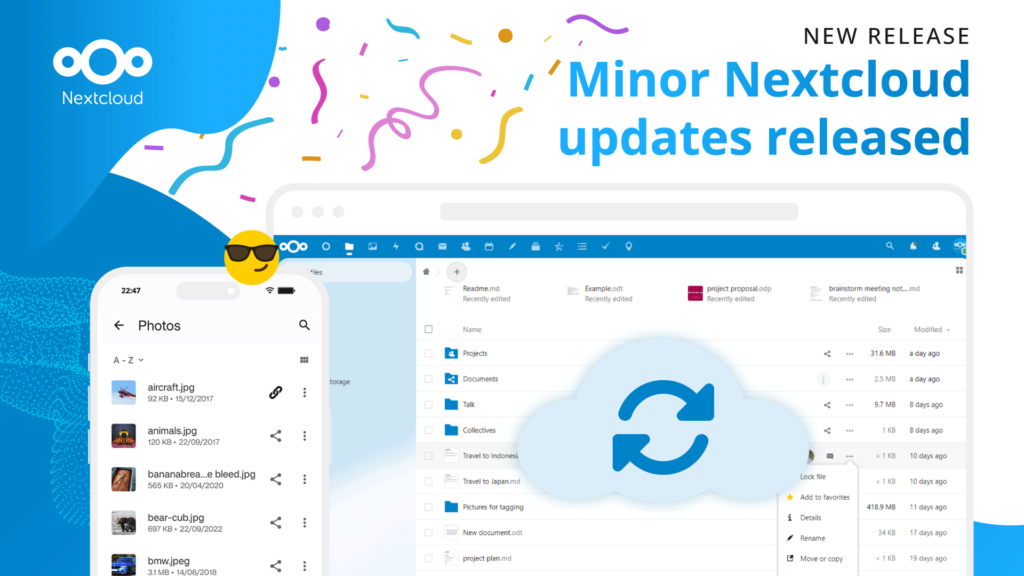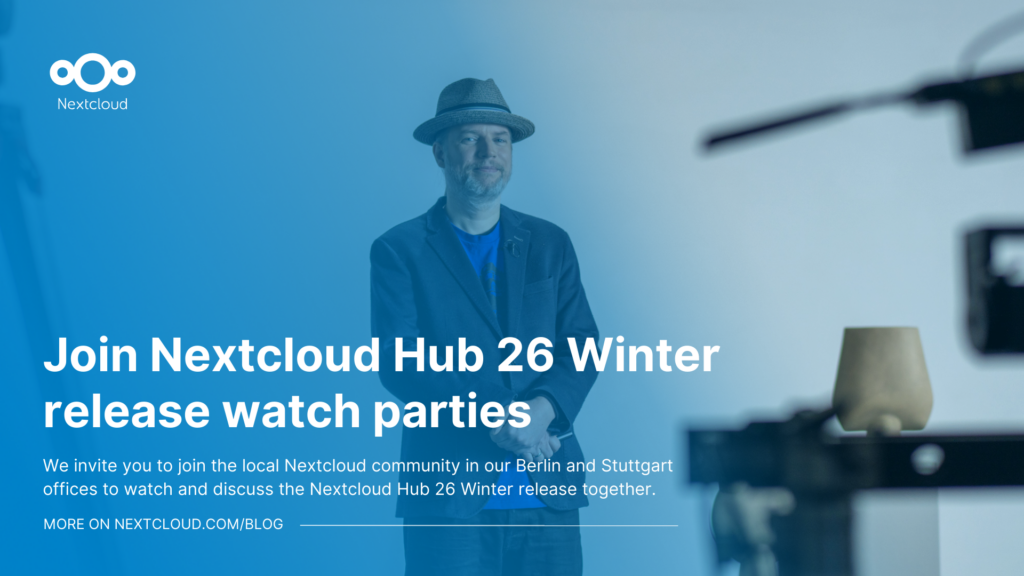Jason Bayton is one of the community managers of the Nextcloud community. He hails from Wales and enjoys playing tuba and trombone when he is not working. When he is not playing his favorite instruments, he moonlights to contribute to open source projects he supports. In his day job he works as a Senior EMM Consultant and Android Subject Matter Expert. He is interested in Enterprise Mobility, Android, Linux, Virtualization and more.
Jason came in contact with Free Software some 10 years ago when he was becoming extremely frustrated with Windows and was on a quest for alternatives. That’s when he discovered Ubuntu Linux.
“I’d also finally moved from Windows Mobile to Android around then too. In hindsight that was a pretty pivotal period in influencing where I am today,” said Jason.
That step also transformed him from a consumer to a contributor. He has dabbled with so many projects that he doesn’t even remember when he started contributing to Free Software: “Honestly I couldn’t say. I’ve dabbled here and there through the years.Getting to know about Nextcloud
Jason was aware of Nextcloud the day it sprang to life. “Self-hosting my data for what is primarily remote access has been an uphill battle for a long time (I’ve tried many self-hosted solutions, nothing really stuck) so when a Nextcloud forked from ownCloud I heard about it pretty quickly,” he said.
ownCloud had everything that Jason would expect from such a project. But dual licensing was a deal breaker for him. “Knowing NC were going completely FOSS and moving to a support-based business model, as primarily a home user, was exciting to hear. You’ve likely read the stories of how Nextcloud came to be so I won’t repeat it, but the principles and plans they laid out appealed to me. I felt it would be rude not to give it a go.”
Jason’s Nextcloud production install resides on a hex-core, 32GB RAM, Ubuntu 16.04 server utilizing 52TB of ZFS-backed storage for media, documentation, backups – pretty much his entire digital life.
“I make use primarily of the remote storage app to bring the array into Nextcloud, as that allows me to utilize basic protocols such as SMB/NFS/SFTP externally to Nextcloud when I’m working locally, while remaining available and up to date when I access it remotely. All of my mobile devices sync automatically, not only the camera folder but a wide range of data is regularly synced up to the server. The server is of course shared amongst family and so I can know everyone’s data is also backed up securely without risk of loss should a laptop or phone die unexpectedly.”
Getting involved with Nextcloud
Volunteer contributors are the true strength of any open source project. As usual, Jason evolved from being a user to a contributor to Nextcloud. His support for Nextcloud is entirely voluntarily. “Nextcloud like many FOSS solutions are primarily community supported and driven.I’m but one of many volunteers doing a little bit to progress the project where I can.”
Today he is involved with the project in the area of community management: “I’ve popped the odd PR in here and there, reported bugs/enhancements, created some decent documentation, host demo servers and the like, but it’s on help.nextcloud.com I’m mainly involved; helping to build the community, troubleshoot issues, and generally act as a friendly face for people new and old who stop by.”
One of the many reasons he chose Nextcloud over ownCloud was licensing, but that’s not the only reason. Jason cites these four reasons why he absolutely loves Nextcloud, as an user:
- The open licensing model
- The flexibility of the platform
- The community of helpful and friendly people
- The speed at which development happens – particularly with the Android builds!
Since he is actively involved with the community side of Nextcloud there are also many things that he loves about the Nextcloud community:
- The diverse users from across the world engaging in conversation
- The friendliness and willingness of members to help one another
- The fact that the Nextcloud team regularly engages with the community
- The openness and transparency of the project
Challenges ahead of the Nextcloud community
Being a relatively new project that’s going through the process of continuous innovation and improvement, there are some challenges that face the Nextcloud community. “There are generally many more seeking help than those available to provide it, I do see – like any project – the odd complaint that (voluntary) support is not sufficient.”
While there is commercial support available, Jason feels it’s too expensive for the home users and small groups who want better than community support for their issues. He believes as the community grows this is improving somewhat, but it’s still a present concern.
Another common concern Jason sees is that Nextcloud isn’t simple enough for the average home user to install and set up. “I think projects like NextcloudPi and the Official VMs are helping considerably, but we need more products like the Nextcloud Box sitting under my desk; that was a great idea that could feed mass adoption of Nextcloud, but the limitations of V1 were difficult to overcome. I’m hopeful that with V2 we’ll see more capable hardware and a manufacturing partner that won’t shut down on us.”
You can follow Jason to keep up with his work: GitHub, Twitter, LinkedIn
Guest post by Swapnil Bhartiya



